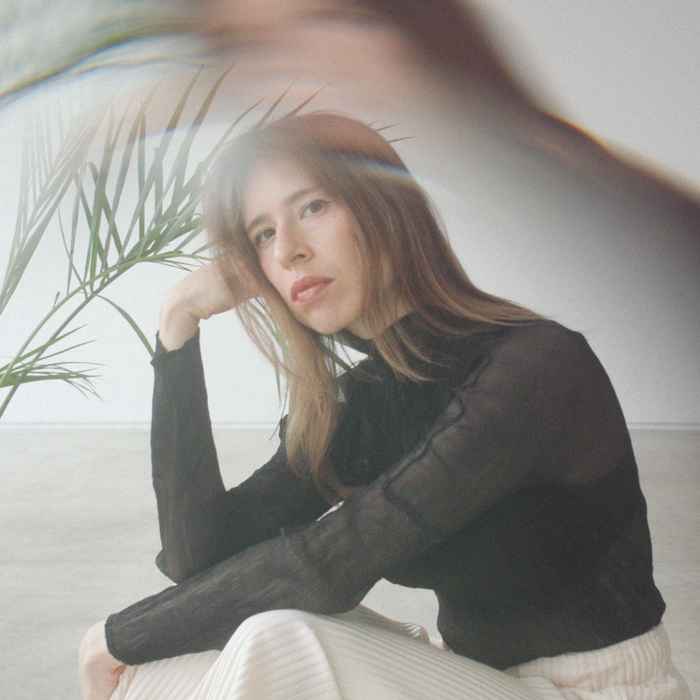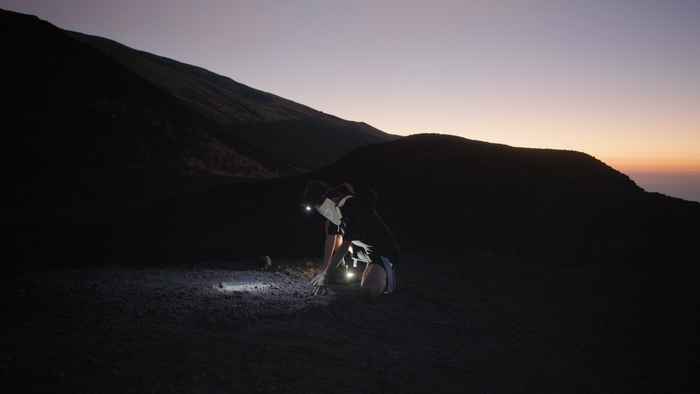2023-2024: Emilia Tapprest (Joint IAS/Allard Pierson Residency)
Independent filmmaker and design researcher at NVISIBLE.STUDIO

About Emilia Tapprest
Emilia Tapprest (NVISIBLE.STUDIO) is a Finnish-French filmmaker and design researcher based in the Netherlands since 2017. She has been a resident at the Jan van Eyck academy (2021), FilmForward (2021), and Rupert AiR (2023). Her projects have been presented on platforms such as Kunstverein Schattendorf, Impakt Festival, Vdrome, VISIO European Programme on Artists' Moving Images, Bologna Art City, Extended Senses and the National Space Centre Ireland.
Among others, her work has been supported by Stimuleringsfonds’ Talent Development programme (21-22), the Netherlands Embassy in Rome, Mondriaan Fonds, Goethe Institute and the Sussmann Foundation. She teaches cinematic moving image at the Geo-Design MA program at Design Academy Eindhoven. Her studio is based at Lab111 in Amsterdam.
Through her collaborative work, she seeks to engage with the discursive, affective and embodied dimensions of the emerging present. Coming from an industrial design background, she turned to cinema as a means to explore ways in which systems, interfaces, and cultural value paradigms interact with the post-industrial subject, often within speculative scenarios.
Her inquiry advances through 'ambitopian' (a portmanteau of ‘ambivalent’ and ‘utopian’) worldmaking, involving design-ethnographic interventions, expert engagements, and cinematic prototyping towards immersive presentation formats. Central to this work is the notion of ‘affective atmospheres’ – the convergence of material affordances of the world and positional, first-person experiences – which can be designed for, but also shifted and interrupted.

IAS Future Heritage Residency
IAS and Allard Pierson have created the Future Heritage Residency as a space where research and science meet art, where heritage helps us imagine the future, and where UvA’s research community and collections meet the public.
The Future Heritage artist residency project ‘As Messengers’, conducted together with Matthew C. Wilson, explores the intricate relationship between social imaginaries and biodiversity loss, using the concept of 'historical forks' as critical junctures where alternative trajectories could have been pursued.
By examining pivotal moments in scientific inquiry into biology and ecology, materialized in texts and artifacts archived in the Allard Pierson collection and Artis Library in Amsterdam, we will seek not only to explore alternative ways of being and perceiving (‘umwelts’) that could have developed from the historical past, but also propose the present as yet another fork which implies agency in the making of possible futures. Through an iterative and collaborative process, we are drawn to the question of how alternative worlds evoke new subjectivities and ‘sensorial paradigms’.